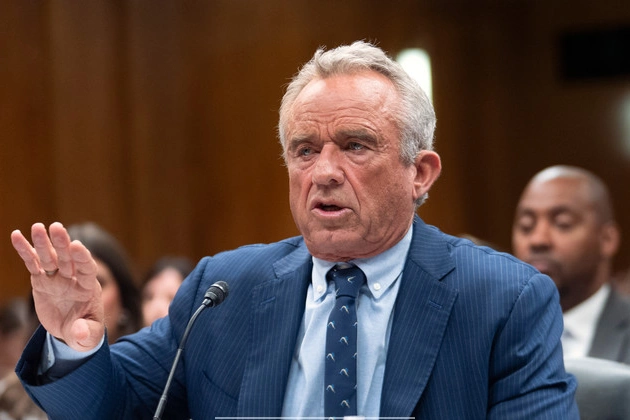
The Hidden Vice: Smoking and Public Health
Robert F. Kennedy Jr. has been a vocal advocate for healthy living, urging Americans to prioritize wellness and nutrition. However, one glaring omission in his discussions is the issue of smoking.
Despite significant progress in reducing smoking rates, tobacco remains a leading cause of preventable deaths in the United States. The absence of smoking-related discussions in Kennedy’s reports has raised concerns among anti-smoking activists and public health experts.
The Changing Landscape of Tobacco Regulation
While previous administrations made strides in tobacco control, recent shifts suggest a potential slowdown in regulatory efforts. The omission of smoking risks in health reports and the lack of emphasis on tobacco control raise questions about the current administration’s stance on public health.
Efforts to ban menthol and reduce nicotine levels in cigarettes have faced obstacles, leading to concerns about the influence of tobacco industry interests on regulatory decisions.
The Role of Regulation in Combating Smoking
Experts highlight the importance of robust tobacco regulations in curbing smoking rates and preventing related diseases. Prioritizing tobacco control aligns with broader public health initiatives and can significantly impact youth and marginalized communities disproportionately affected by smoking.
Regulatory measures, such as limiting nicotine levels and banning menthol cigarettes, have the potential to save millions of lives and prevent a new generation from becoming addicted to tobacco products.
The Future of Tobacco Control
As the landscape of tobacco regulation evolves, there is a growing need for sustained efforts to combat smoking and its detrimental effects on public health. Continued advocacy for tobacco control is essential to maintain progress in reducing smoking rates and addressing the root causes of chronic diseases.
By prioritizing tobacco regulations and public health initiatives, policymakers can protect the well-being of communities and safeguard future generations from the harms of smoking.











